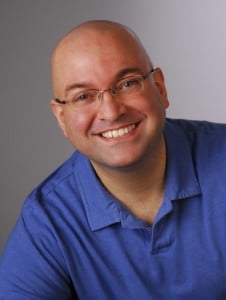“When adversity strikes, that’s when you have to be the most calm. Take a step back, stay strong, stay grounded and press on.” – LL Cool J
In recent days I’ve noticed a phrase repeatedly leaving my mouth in response to offers from others. The phrase is, “Thank you, I’m good.”
I noticed it several times during Yoga class this morning when the instructor asked if I needed any assistance.
I reflected upon this because for as long as I could remember my response has been, “No, thank you” under similar circumstances.
Why the change?
For years I’ve been feeling tired as I burned the candle at both ends day after day. I felt myself frequently at the point of mental and emotional saturation and the words, “No, thank you” was on the surface the rote response I’d learned when I was a child.
As I looked deeper the word “No” was also coming from the part of me that wanted “no more input.”
What has changed is that in the past few weeks I’ve been more diligent with my meditation practice and added yoga several times a week. This has served to manage my anxiety as well as giving me new tools to calm my mind which has historically been racing and scattered instead of calm and focused.
I’m not saying run out and join a yoga class. What I discovered for myself is that the words, “Thank you, I’m good” were coming from a place of increased gratitude. From a place that felt an abundance of calm. Whereas, “No, thank you” came from an abundance of overwhelm.
My words changed simply because I have been taking better care of myself. It’s interesting how our own words, when we actually pay attention to them, can be such a powerful barometer.
Have you noticed something similar? Ask those around you. Please tell me what you discover.
Thanks for being you.
ABOUT THE AUTHOR: Brian R. King LCSW is a Relationship Breakthrough Specialist. His breakthrough strategies draw on his experience as a 24 year cancer survivor, adult with Dyslexia, Dysgraphia, A.D.D., the father of three sons on the autism spectrum as well as someone who lives on the autism spectrum himself. His books and seminars have garnered him worldwide attention for his innovative communication and relationship strategies.

